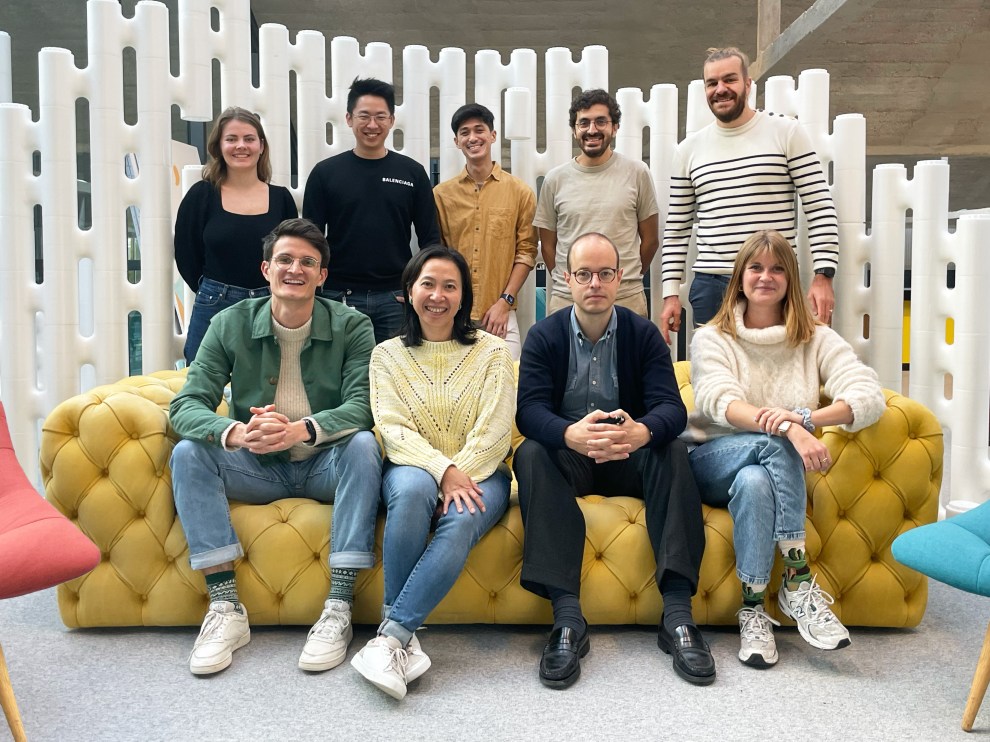Callyope, a French company, is unlike other startups since it is tackling a challenging issue in a highly regulated sector. The business is developing a platform for remote patient monitoring for individuals with bipolar illnesses, schizophrenia, and maybe other mental health conditions. Furthermore, the firm uses the monitoring tool with the patient’s voice.
Bpifrance’s Digital Venture Fund and 360 Capital led Calliope’s $2.4 million (€2.2 million) financing round. The round also includes participation from No Label Ventures and several angel investors.
Six hundred thousand individuals in France have schizophrenia. Over a million individuals suffer from bipolar illnesses. Many of them routinely visit a psychiatrist. However, psychiatrists can only meet each patient once every four to six weeks because of their workload.
“Several chemicals have been used to stabilize humans since the 1970s. However, half of the patients at mental hospitals relapse within the same year, according to CEO and co-founder Martin Dennis, who spoke with me about this.
Regular visits to a psychiatrist may generally stop relapses before it’s too late. Callyope hopes to “enhance” psychiatrists with a patient monitoring system that may notify medical personnel in an emergency. They can then schedule a time slot for the patient the following day.
Callyope employs voice recognition and additional soft indicators (including sleep, physical activity, and social interaction) in place of forms to periodically check in with patients. This is because patients frequently struggle with how they perceive their symptoms. Even though things are as they were a week ago, they feel good.
Dennis stated, “We’re still in the early stages of product development on the patient’s side.” Calliope is not interested in watching you all the time. Alternatively, the company may ask you to use voice messages to respond to a few short questions. Dennis gave other instances, such as “Are you now getting enough sleep? Does it appear like your medicine is doing its job?
Naturally, not every patient will actively record a voice message each week. A hospital nurse may then phone you and record the conversation for analysis.
Apart from the discussion’s substance, Callyope examines additional symptoms. For example, according to Dennis, “disorganized speech is one of the seven symptoms of schizophrenia.” Four or five symptoms characterize bipolar disorder. Accelerated speaking is one sign that someone is overly healthy.
instruction using private information
Calliope must consider product milestones in contrast to other sectors. After the first iteration has been trained, it must stop working on this version of the proprietary model and submit it to the appropriate health authorities for certification.
“In the general population, we have very good initial results today,” Dennis stated. We ask them to complete brief self-assessment forms on depression and anxiety. Additionally, we ask children to speak so we can check for minor symptoms early on. Therefore, we have already demonstrated its effectiveness, and early in the next year, we plan to publish a scholarly study on the subject. The business then intends to apply the same technique to people with schizophrenia and depression.
The business is presently collaborating with mental institutions to obtain data and train its model on this private data while keeping privacy in mind. In the long run, the business hopes to develop a model that can evaluate audio directly on the device, sending the data exclusively to the psychiatrist.
From a technical point of view, this data will essentially allow us to improve the algorithm’s performance while maintaining the fundamental principle that we should only use information that the patient has consented to provide. This will ensure that, in the long run, we have no access to any personal information.

